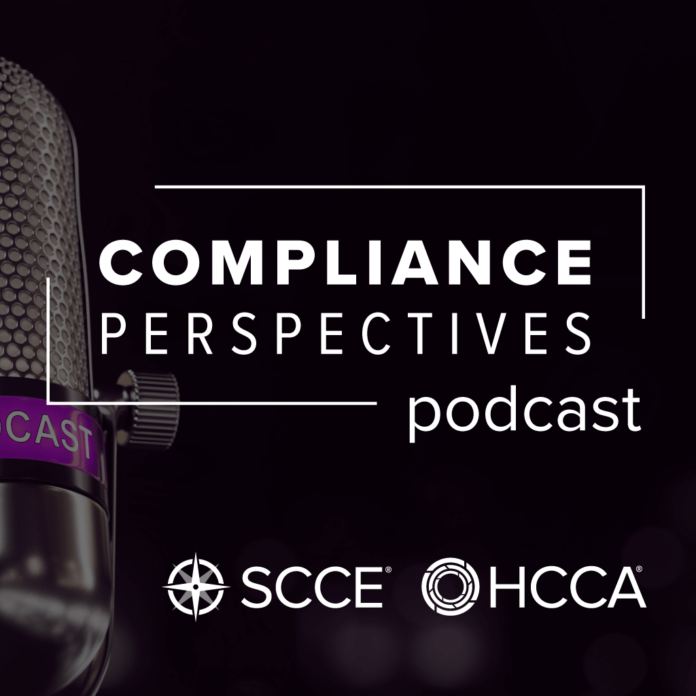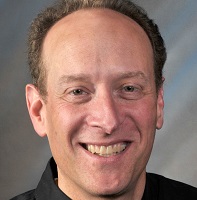Podcast: Play in new window | Download (Duration: 11:30 — 10.6MB)
Subscribe: Apple Podcasts | Email | TuneIn | RSS
Andrew Walker is the US Tennis Association’s (USTA) director of education and training for officiating and chief umpire at the US Open. He was good enough to join our Sports, Compliance & Ethics Conference, where he revealed something surprising. With the USTA having over 13,000 sanctioned events a year, ranging from adults to juniors, the vast majority of matches are technically unofficiated. Roving umpires are available but move from court to court. They don’t sit in the chair and call each point. Players do and keep the score. That’s often true as well at the college level.
It’s not too different from how things work in the business world, with compliance officers not there to make every call for the business unit.
How does this work? Part of the role of officials at entry level events, especially those with children, he explains, is not to act only as officials, but to act as educators as well. They are there to teach kids to officiate fairly, even if it means making a call against oneself. That’s not easy, human nature being what it is and with, these days, the ultra-competitive environment in youth sports.
The officials seek to ingrain sportsmanship, which includes integrity, respect for your opponent and respect for the game. It also includes being a good winner and a good loser.
What happens when there is a dispute? First, officials recognize that honest mistakes are possible. A player, especially a young one, running to make a shot may not see things accurately. Even competitive players can lose track of the score.
But, when the calls are questionable, they will stay and watch the match for a while. And, if a player is repeatedly overruled in his or her calls, points and games can be taken away. The player may even default.
Listen in to get both a new appreciation of the world of tennis and maybe pick up a few ideas about how you could encourage more self-umpiring at your organization.


